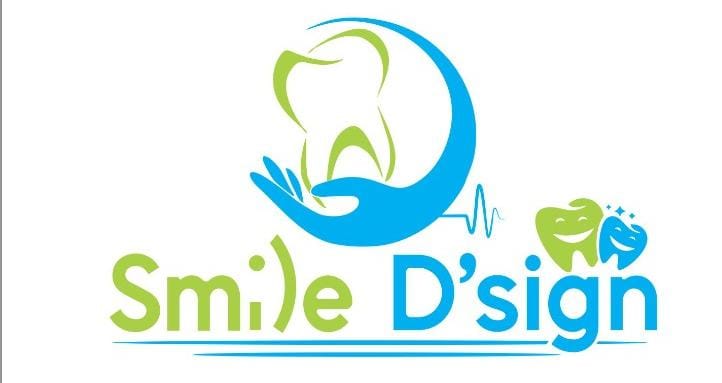Gum Disease

Gum disease, also known as periodontal disease, is a common but serious condition that affects the gums and supporting structures of the teeth. At Smile Dsign, we are dedicated to educating our patients about gum disease and providing effective treatments to restore gum health and prevent further complications.
Understanding Gum Disease
Gingivitis: The early stage of gum disease, characterized by inflammation of the gums due to plaque buildup. Symptoms may include red, swollen, or bleeding gums, but it can often be reversed with proper oral hygiene and professional dental care.
Periodontitis: If left untreated, gingivitis can progress to periodontitis, a more severe form of gum disease. Periodontitis involves the loss of bone and tissue that support the teeth, leading to gum recession, tooth mobility, and eventually tooth loss.
Causes of Gum Disease
Poor Oral Hygiene: Inadequate brushing and flossing allow plaque to accumulate on the teeth and gums, leading to bacterial growth and inflammation.
Tobacco Use: Smoking and tobacco use weaken the immune system and increase the risk of gum disease.
Genetic Factors: Some individuals may be more genetically predisposed to gum disease, making them more susceptible even with good oral hygiene habits.
Medical Conditions: Certain medical conditions such as diabetes, autoimmune diseases, and hormonal changes can increase the risk of gum disease.
Symptoms of Gum Disease
Red, Swollen Gums: Healthy gums should appear pink and firm. Redness and swelling may indicate inflammation and infection.
Bleeding Gums: Bleeding during brushing or flossing is a common early sign of gum disease.
Bad Breath: Persistent bad breath, or halitosis, may be a sign of gum infection and bacterial buildup.
Receding Gums: Gum recession occurs when the gums pull away from the teeth, exposing the roots and leading to sensitivity and tooth mobility.
Treatment Options
Professional Cleaning: Scaling and root planing, also known as deep cleaning, removes plaque and tartar buildup from below the gumline and smoothens the tooth roots to promote healing.
Medication: Antibacterial mouth rinses or topical antibiotics may be prescribed to control bacterial growth and reduce inflammation.
Surgical Interventions: In advanced cases of gum disease, surgical treatments such as flap surgery, bone grafts, or tissue regeneration may be necessary to restore gum health and repair damaged tissues.
Lifestyle Changes: Improving oral hygiene habits, quitting smoking, and managing underlying medical conditions can help prevent gum disease and promote overall oral health.
Prevention
Regular Dental Visits: Routine dental check-ups and cleanings are essential for early detection and treatment of gum disease.
Good Oral Hygiene: Brushing twice daily, flossing daily, and using an antiseptic mouthwash can help prevent plaque buildup and reduce the risk of gum disease.
Healthy Lifestyle: Eating a balanced diet, avoiding tobacco use, and managing stress can contribute to overall oral and systemic health.
At Smile Dsign, we are committed to helping our patients achieve and maintain healthy gums for a lifetime. Our experienced team provides comprehensive periodontal care, from preventive measures to advanced treatments, tailored to each individual’s needs. Contact us today to schedule a consultation and take the first step towards optimal gum health.

